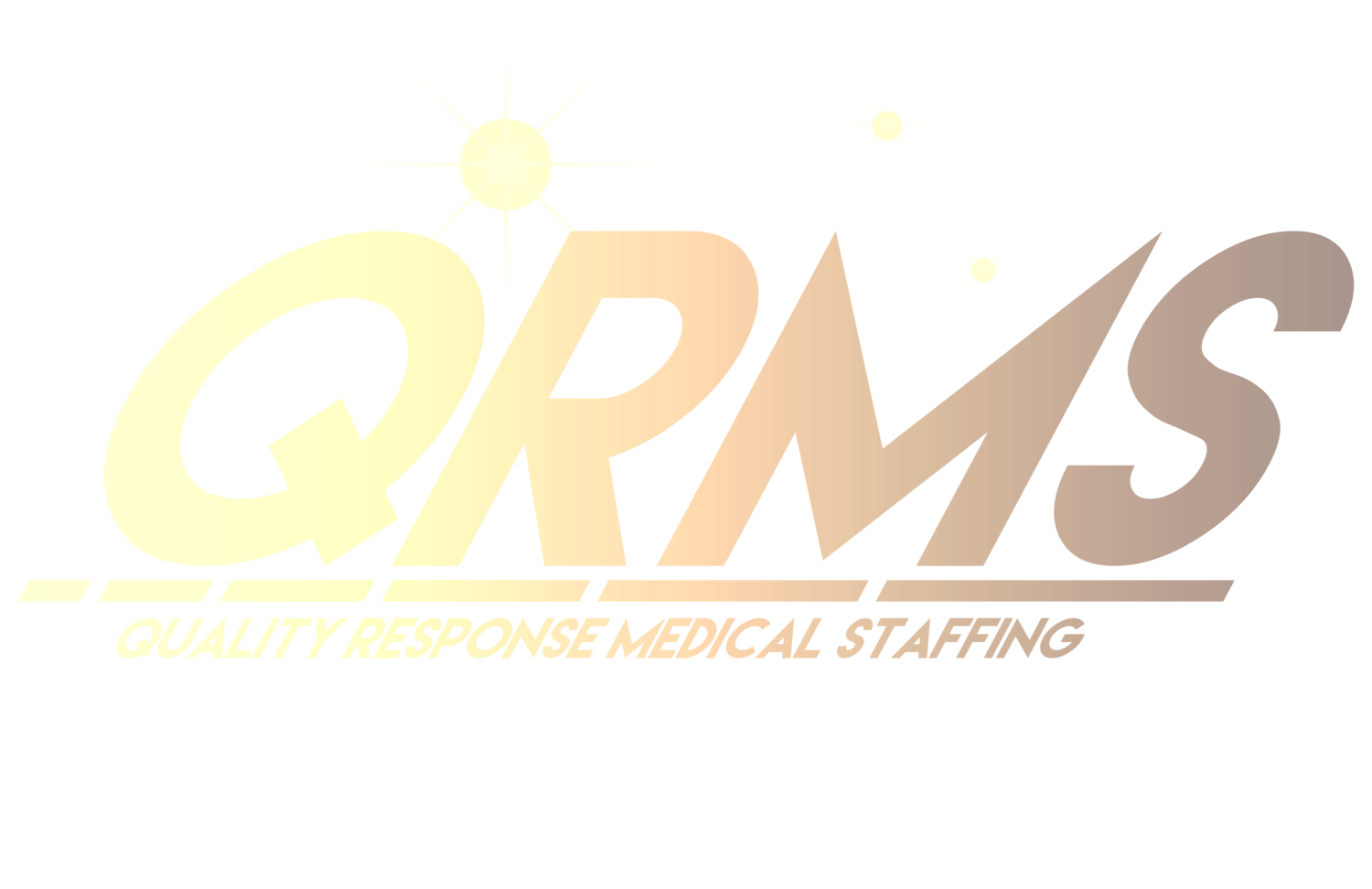The Key to Thriving in a High-Stress Profession
Nursing is often described as one of the most challenging and rewarding professions in the healthcare field. Nurses are the backbone of patient care, providing essential services that require a unique blend of empathy, technical skills, and endurance. However, the demands of the job—long hours, emotional strain, and the physical toll of caring for others—can lead to burnout. In this high-pressure environment, resilience becomes a critical quality for nurses to develop and sustain.
Understanding Resilience
Resilience is the ability to bounce back from stress, adversity, and trauma. It’s not about avoiding difficulties but rather having the capacity to recover and continue to function effectively despite them. For nurses, resilience is vital for maintaining both personal well-being and professional performance.
In the context of nursing, resilience involves several key components:
Emotional Intelligence: Understanding and managing one’s own emotions, as well as recognizing and responding to the emotions of patients and colleagues.
Adaptability: Being able to adjust to rapidly changing circumstances, such as a patient’s condition suddenly deteriorating or an unexpected influx of emergency cases.
Support Systems: Building and relying on a network of colleagues, friends, and family who can offer emotional support and practical advice.
Self-care: Prioritizing personal health and well-being through activities such as exercise, adequate sleep, healthy eating, and mindfulness practices.
The Impact of Resilience on Patient Care
Resilient nurses are better equipped to provide high-quality care consistently. They can maintain focus and make sound decisions even under intense pressure, which is crucial in emergency situations. Their ability to manage stress effectively reduces the likelihood of errors, which can directly impact patient outcomes.
Moreover, resilient nurses often serve as role models and sources of strength for their colleagues. Their positive attitude and ability to cope with challenges can inspire others in the workplace, creating a more supportive and cohesive team environment. This, in turn, enhances overall patient care and fosters a culture of safety and compassion within healthcare settings.
Strategies for Building Resilience
Nurses can develop and strengthen their resilience through several strategies:
Mindfulness and Meditation: Regular practice of mindfulness and meditation can help nurses stay grounded and focused, reducing the impact of stress on their mental and physical health.
Continuous Learning: Engaging in ongoing education and training can boost confidence and adaptability, equipping nurses with the skills needed to handle new challenges.
Professional Support Networks: Joining professional organizations or peer support groups can provide nurses with a sense of community and shared experience, offering a valuable resource for coping with the demands of the job.
Reflection and Journaling: Taking time to reflect on experiences, both positive and negative, allows nurses to process emotions and learn from their interactions, which can enhance resilience over time.
Physical Health: Maintaining physical health through regular exercise, proper nutrition, and adequate sleep is foundational to resilience. A healthy body supports a healthy mind, enabling nurses to perform at their best.
The Role of Healthcare Organizations
While individual efforts to build resilience are crucial, healthcare organizations also play a significant role in supporting their staff. Implementing policies that promote work-life balance, providing access to mental health resources, and fostering a culture of appreciation and recognition are all ways in which institutions can help nurses thrive.
Creating an environment where nurses feel valued and supported not only benefits the staff but also leads to better patient outcomes. When nurses are resilient, they can provide compassionate care, maintain professional excellence, and continue to find fulfillment in their crucial role within the healthcare system.
TAKEAWAY
Resilience is not an innate trait but a skill that can be developed and nurtured. For nurses, building resilience is essential to navigating the challenges of their profession and sustaining a long, satisfying career. By focusing on emotional intelligence, adaptability, self-care, and continuous learning, nurses can enhance their resilience, improve their well-being, and ultimately provide better care for their patients. Healthcare organizations, too, must prioritize resilience by creating supportive work environments that recognize and address the unique challenges nurses face. In doing so, they contribute to a stronger, more effective healthcare system where both nurses and patients can thrive.

